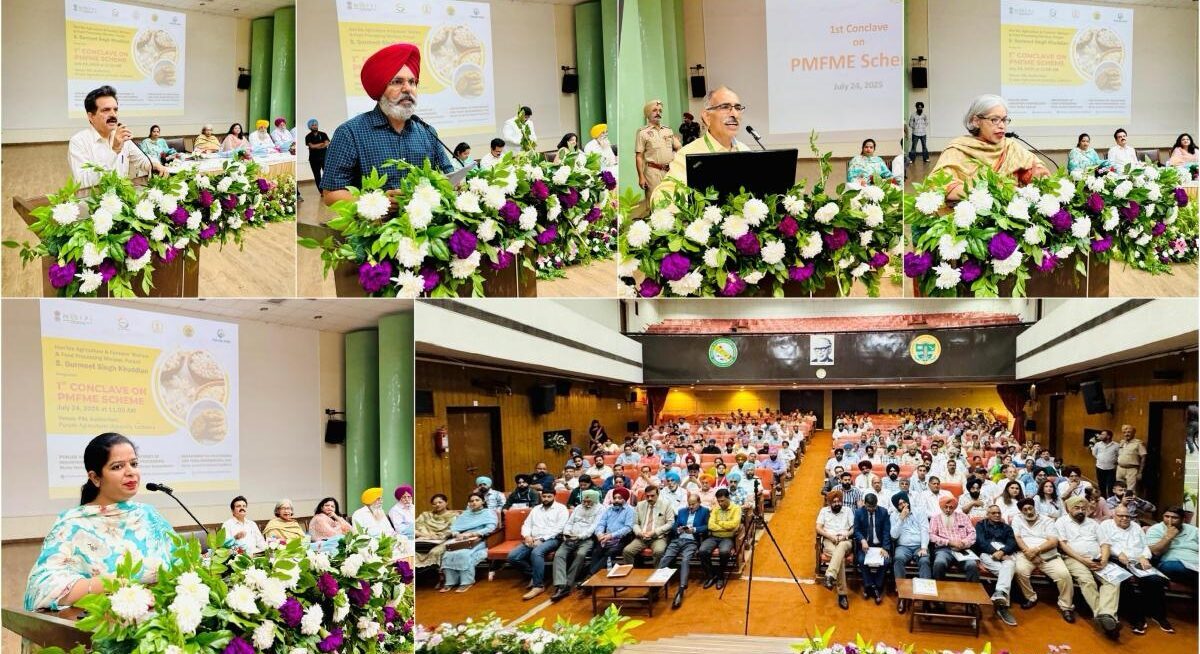In a move that has sent shockwaves through the circles of international trade, U.S. President Donald Trump declared a blanket 25% tariff on every foreign-made vehicle from April 1. The move, which comes as an attempt to revive American production and cut the nation’s reliance on imports, has drawn harsh criticism from international allies and sent shivers down Wall Street.
Trump Says – Its a patriotic move
The White House expects the tariff to generate an additional $100 billion annual revenue and revive domestic auto manufacturing. “It’s a patriotic move,” Trump declared, justifying the decision as necessary to level the playing field with countries he accuses of exploiting U.S. markets.
However, financial markets reacted swiftly to the announcement. Shares of American automotive giant General Motors dropped 3%, while Stellantis — the parent company of Jeep and Chrysler — saw a 3.6% dip. Analysts warn the measure could boomerang on U.S. consumers by driving up car prices and disrupting supply chains, as many automakers import key components.
Currently, the average price of a new car in the U.S. stands at approximately $49,000. Industry estimates suggest the tariffs could raise prices on imported vehicles by as much as $12,500.
The fallout has been diplomatic and economic. Canadian Prime Minister Mark Carney labelled the move “a direct attack,” vowing to defend Canadian businesses and workers. European Commission President Ursula von der Leyen echoed the concern, calling the tariffs “bad for business and worse for consumers.”
Trump’s policies will also have a major impact on India, which he accuses of levying disproportionately high tariffs on American goods. Despite recent reductions, Trump pointed to India’s historical average tariff rate, which once hovered near 125% and currently stands at 10.65%.
As the U.S. imported almost 8 million automobiles last year, the policy is a dramatic turn toward protectionism. Critics are concerned it may undo years of trade talks and destabilize a shaky global economy.
As tensions escalate, all eyes are now on how trading partners and the World Trade Organization will respond – and whether this aggressive tariff play is a negotiating tactic or the new norm in U.S. trade policy.
Also Read: Mixue Bingcheng Takes on Starbucks & McDonald’s Globally
























